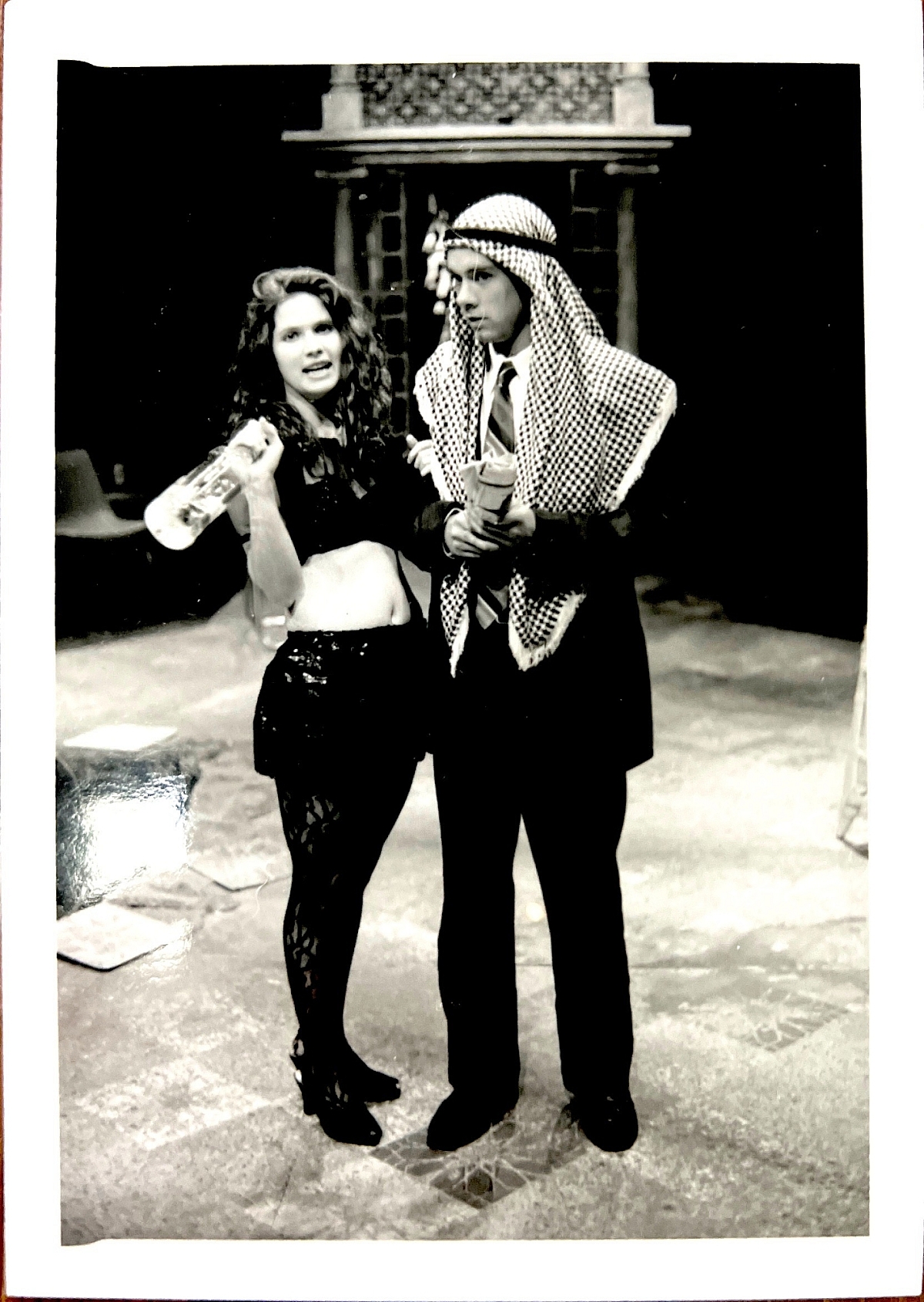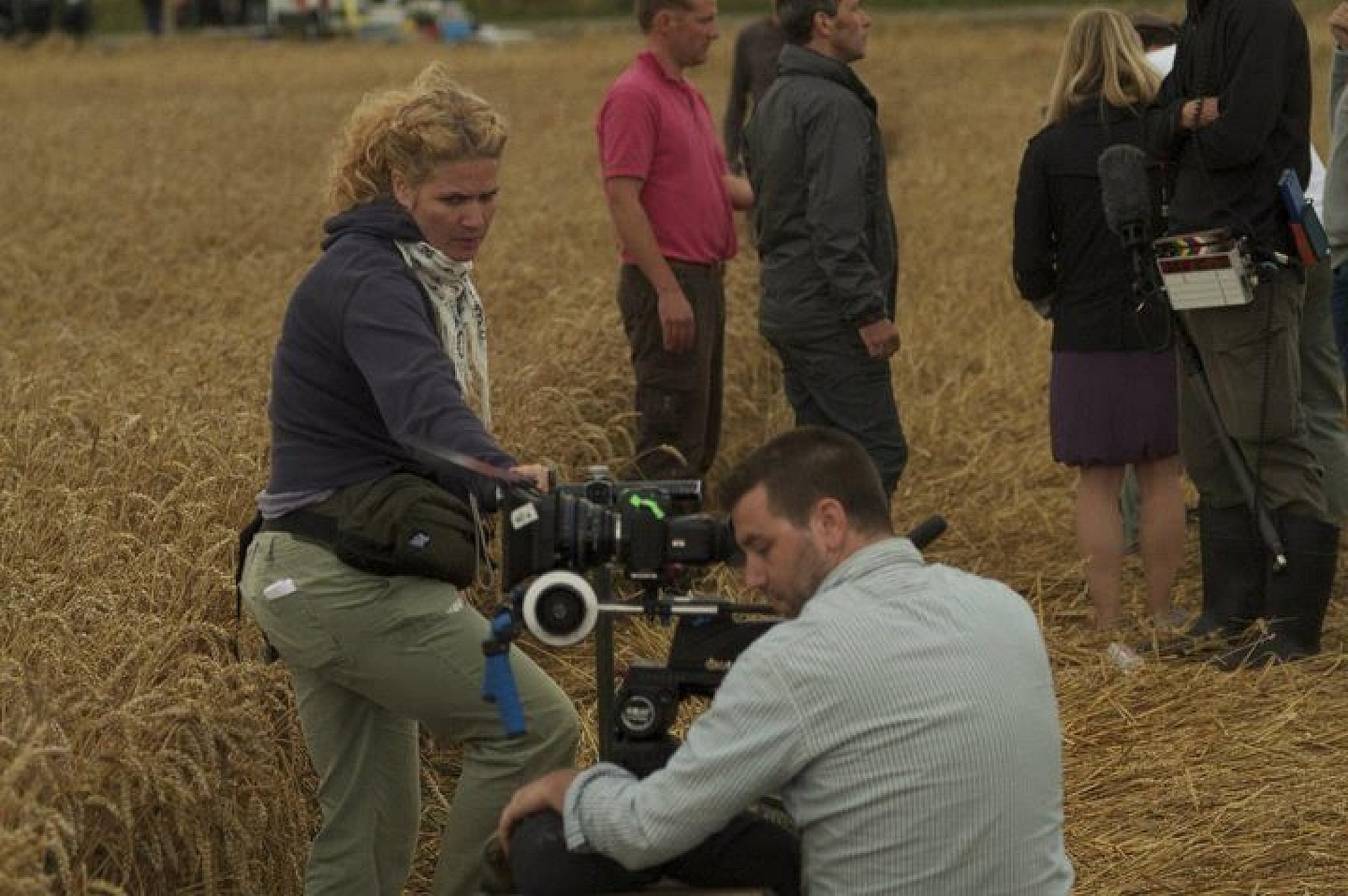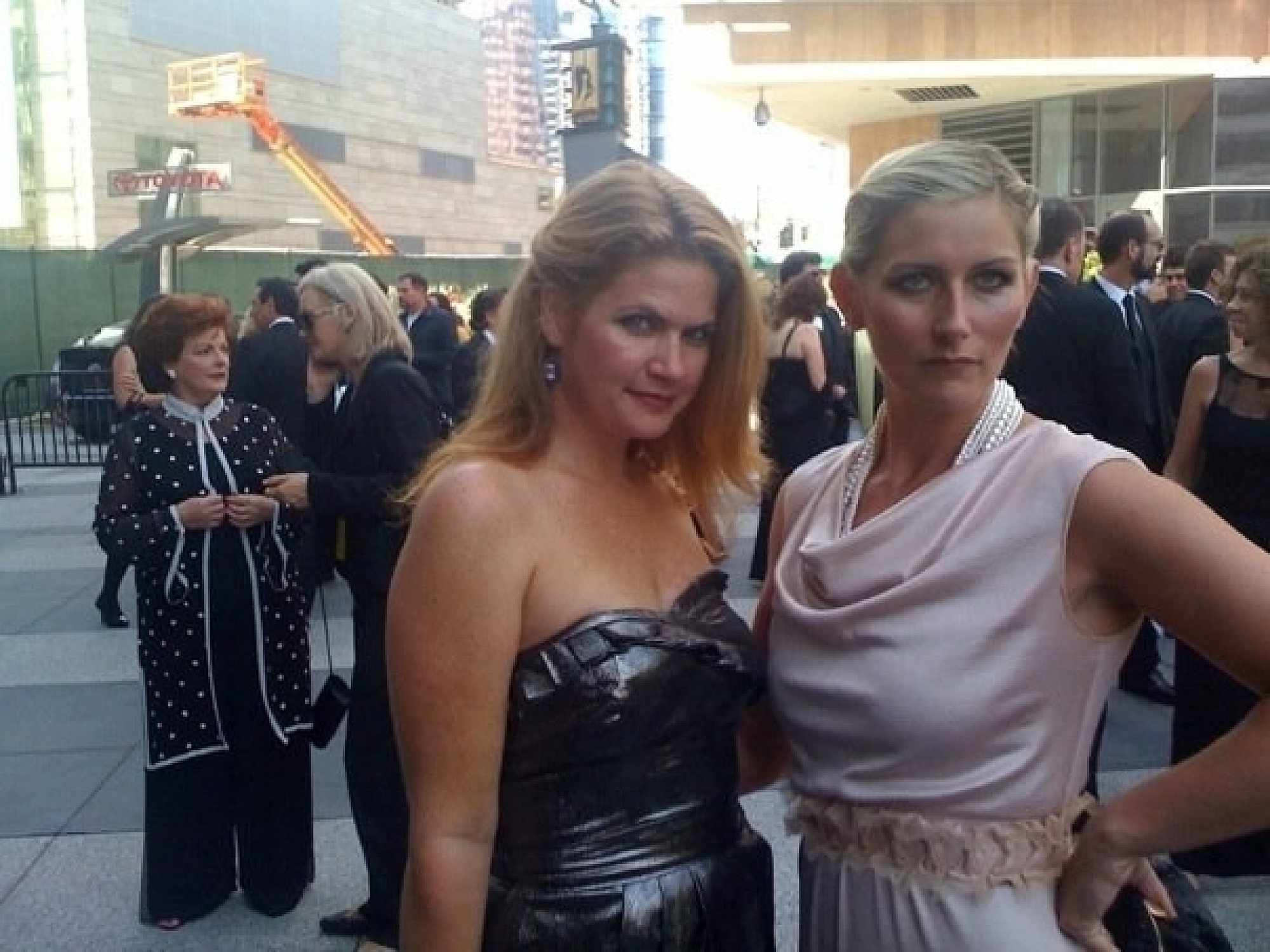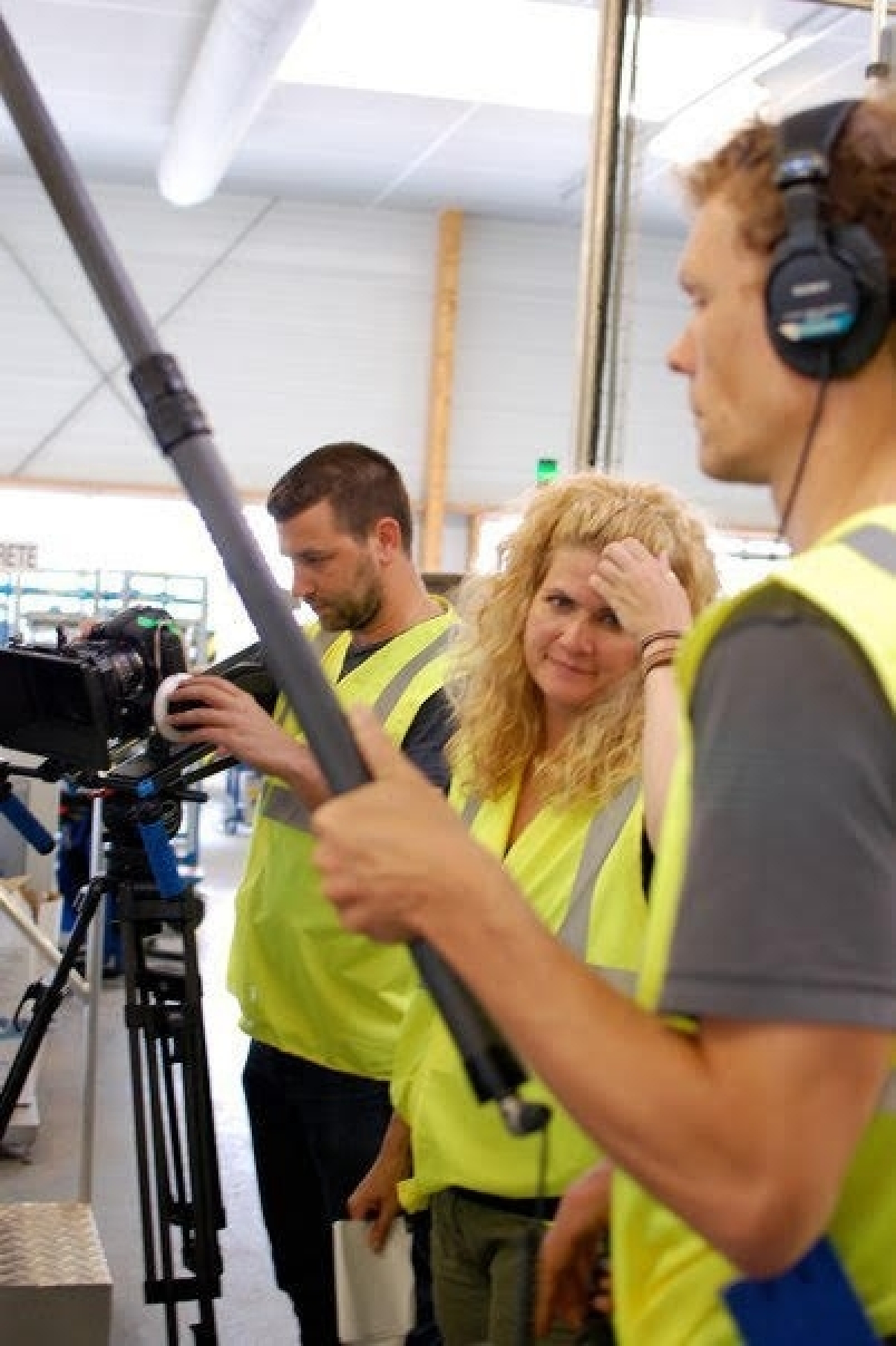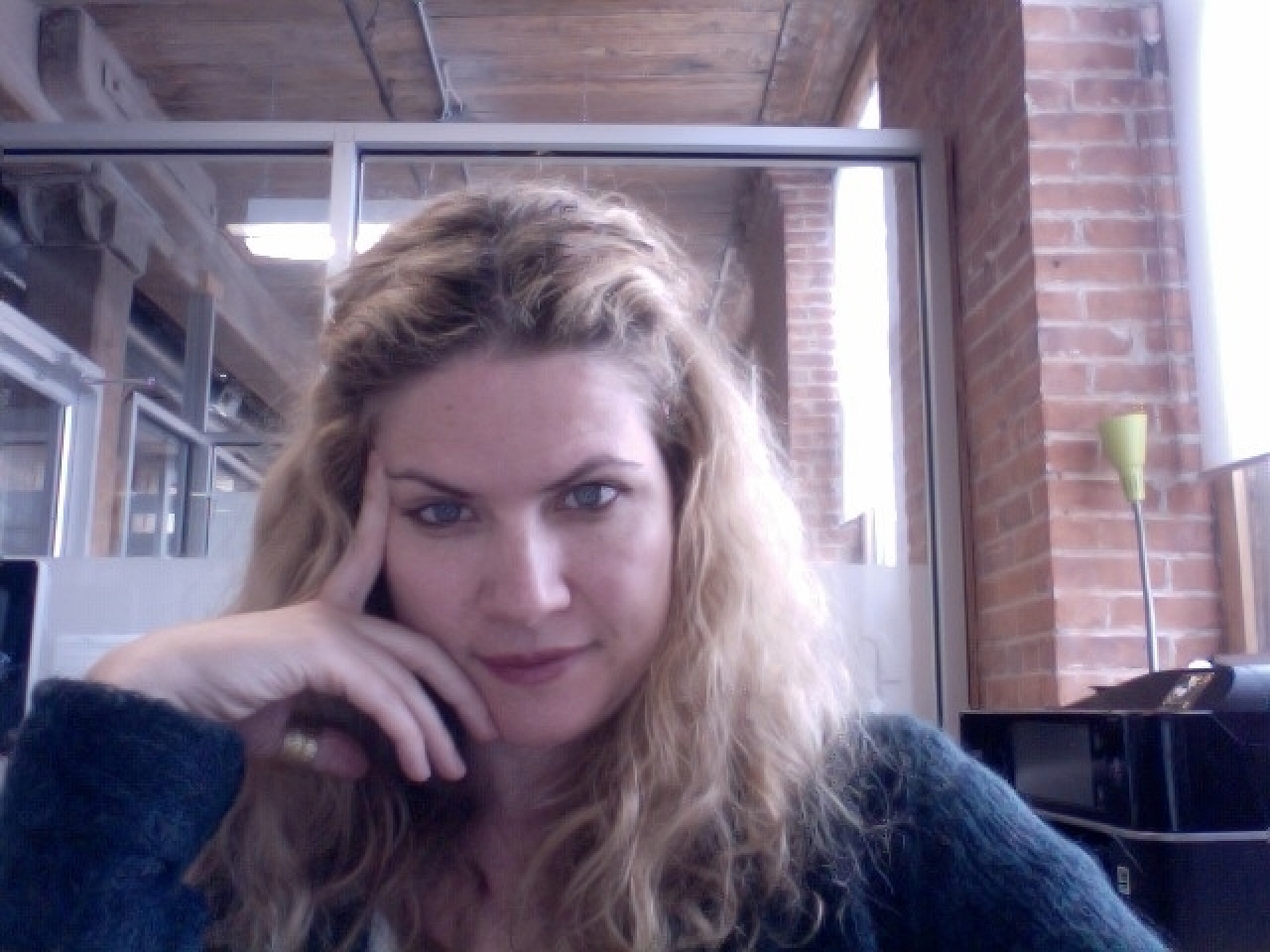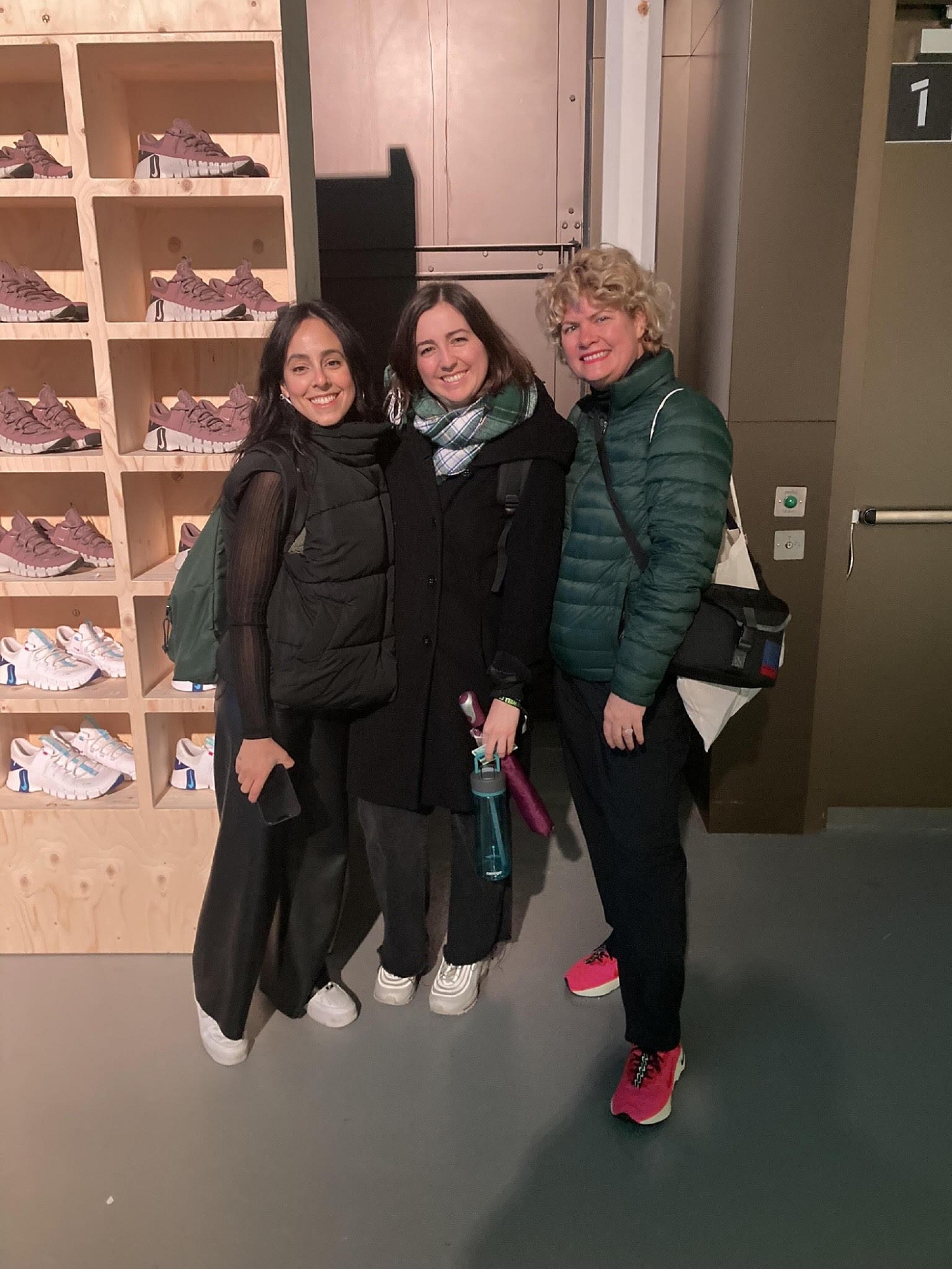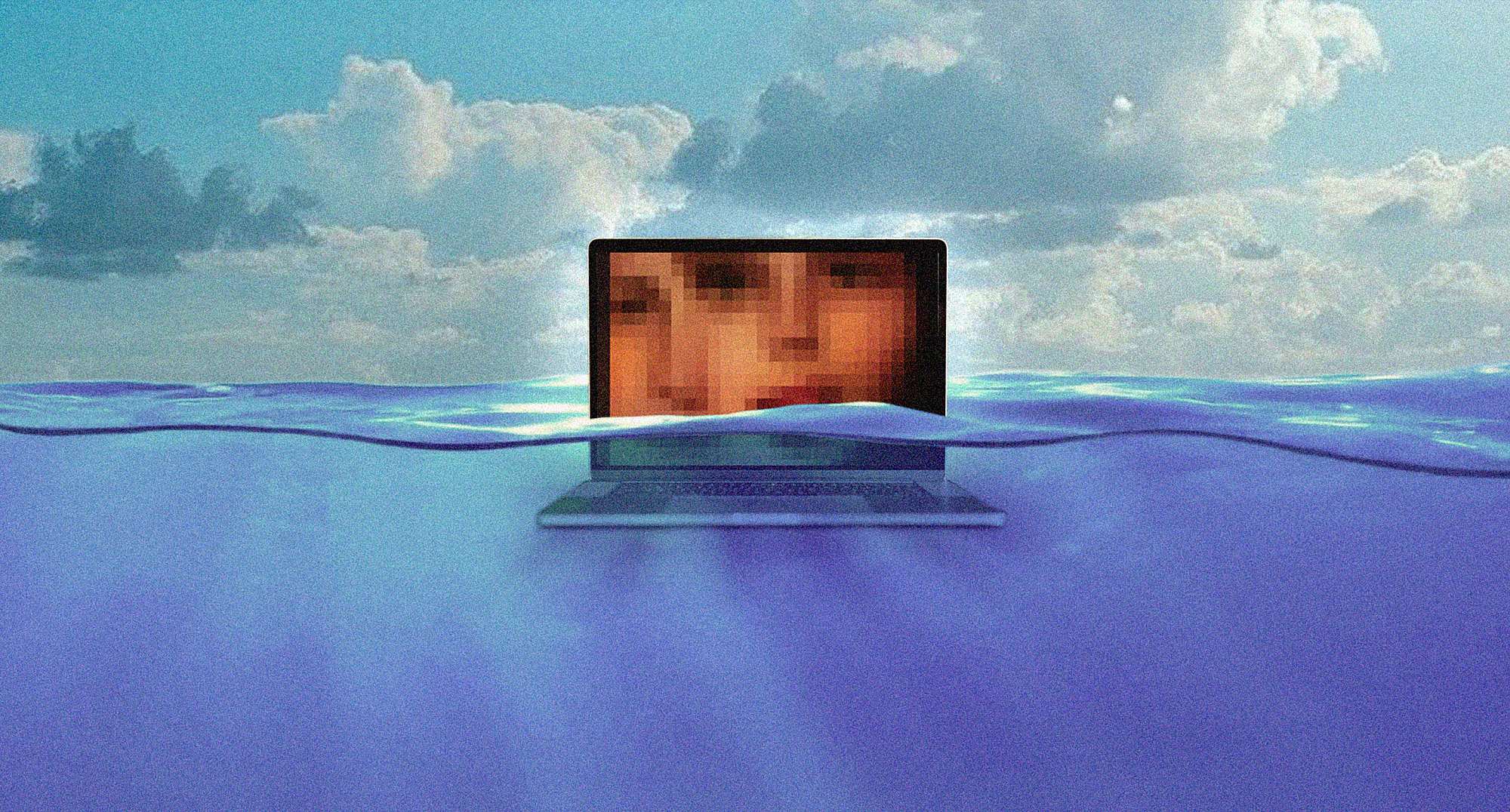The Come Up: How Jiffy Iuen Went from Actor to CEO to Day One’s SVP of Production

- Text Carolyn Cutrone
- Design Lauren Hunziker
Welcome to The Come Up, Day One Perspective’s new series interviewing our staff about how they got their start in advertising — and what inspires their creativity.
For as long as she can remember, Jiffy Iuen has always been inspired by telling stories from the perspective of underrepresented people. Her inspiration has carried her career from the screen, to the stage, to the board room. Now, in her role as Day One’s SVP of Production, we sat down with Jiffy to learn how she navigated the twists and turns of her career, her solution to hitting a glass ceiling and her advice for breaking into the advertising industry.
D1A: Bring me back to the beginning of your career. You got a degree in acting and filmmaking. After that, what was your first job and what did you initially imagine your career would look like?
Jiffy: I had a lot of service jobs to be honest with you. I wanted to be an actor, so I was pursuing that and working multiple jobs. Whether that was waiting tables or working at a video store, that sort of thing.
D1A: What made you want to pursue acting and filmmaking in the first place and what do you love about it?
Jiffy: I was always curious about giving a voice to marginalized people and portraying marginalized people, from a class perspective or the female experience — both were really important to me. I also really enjoyed the storytelling aspect of both filmmaking and acting.
D1A: How did you break into your first advertising job?
Jiffy: I got involved in production when I took a job at BBDO as the assistant to the CEO. I worked in that capacity for several years and got closer to understanding what production was. As a result, I found a lot of my skills were transferable. Both my acumen in terms of understanding how to have the courage to speak publicly and working directly with clients were really helpful. All of the administrative work that I had learned how to do was also really transferable into production. I had the great fortune of having BBDO find a way to transfer me over to production from my assistant role, and that's how I started getting involved in production.
D1A: How has your background in the arts helped you in your role as a producer?
Jiffy: It gives you a certain empathy and understanding for telling the creative story. I find that producers who don't have some kind of a creative background get a little transactional. It causes a situation where creative is not always the first thing that you're trying to support.
As a producer, and having my background in the creative arts, my agenda is to get the best possible creative output out of a production. I want to make sure there's integrity in everything that gets produced and doing that even when there's budget or time limitations is really important to me.
D1A: Taking a step back on your resume, you were a CEO for twelve years before joining Day One. Tell me about your branding agency, Frank Collective.
Jiffy: This is where it gets real. I was in a situation where I didn't feel that I had any upward mobility as a woman. At that time, it felt like the opportunities in advertising were really limited.
When I looked at the industry, I recognized that I loved production and I loved creative, but I didn't necessarily always love the way that companies went about doing it. Their mode of operating was just to work everybody as hard as they could.
It sounds counterintuitive, but I started my business to get more of a work-life balance.
When I started my own company, I had autonomy. I had a voice. I had a way of setting the table in the way that I wanted it set for me. Doing that for other people, and specifically women, people of color and others with nontraditional advertising backgrounds, was really important to me.
In those early years, it was really learning by doing. I didn't have a business degree. I had my production brain, and I led my business like a producer. One of the things about being a producer is being unafraid of whatever that next challenge is. Even if you've never approached it before or you've never encountered it before, being a producer means knowing that your problem solving skills are going to get you through to the next stage.

D1A: Are there any lessons that still stick with you from being a CEO?
Jiffy: My gosh, so many, and I am humbled by it. The thing that I've learned is that success is not a single upward trajectory. Success is a variety of peaks and valleys, and it's how you come through the valleys back to the peaks that really defines your success.
D1A: How did running your own business change you?
Jiffy: It made me a lot more empathetic. Going from being an employee to being a business owner made me understand the other side of the work more deeply. It gave me a much broader perspective for the challenges business owners have to tackle. And it was very humbling to learn how to make tough decisions — and how to stay principled, so that you're running the business while staying true to your own morality, your own values.
D1A: With all of these career changes, how did you decide what was next? How did you move from one role to another?
Jiffy: Even though I started off as an actor and a writer, I've always been very entrepreneurially minded. At every job that I've ever had, I've always learned by doing, not being intimidated by the unknown and jumping in. That’s allowed me to take on different types of roles.
The thing that I love about all that experience now is that it's created a really diverse skill set. I can understand how other roles work. That, in turn, helps me support them.
D1A: What inspires and motivates you every day?
Jiffy: Two things. One: the people that I get to work with — and the people at Day One are fantastic. I have never worked someplace that is so collaborative and so energized.
The second thing is the creative agenda, which means how we develop creative that speaks to a wider audience in an authentic way and creates a dialogue. What is the ‘yes and?’ of everything that we're doing and how can we always be coming from a place of not talking at but talking with people.
D1A: What advice would you give to someone looking to break into advertising who doesn’t have direct experience, or a degree, in the field?
Jiffy: Find an entry-level job, and get in from the ground up. That’s how I was able to break in. I was in the right place at the right time (as the CEO’s EA) when the opportunity presented itself.
You may have to take a step back on the career ladder in order to get where you want to be — but I've also had the great privilege of hiring people who are pursuing advertising as their second career. I love hiring those people because I feel like their life experience offers a different, valuable viewpoint.
D1A: You mentioned your own experience as a woman in the industry — Do you have any advice you'd give to young women, specifically?
Jiffy: For the majority of women, a lot of them experienced, at different times — myself included — imposter syndrome. And sometimes we can self-edit ourselves out of opportunities.
I never had the experience to go into my next job with the exception of this one! And it’s always about believing in yourself first and foremost and believing in your passion to get you there. And that’s the thing about when I was an actor as well: you have to be your own best advocate in order to get work, to be confident enough to play the role and to stand up in front of a bunch of people and pretend like you're somebody else.
